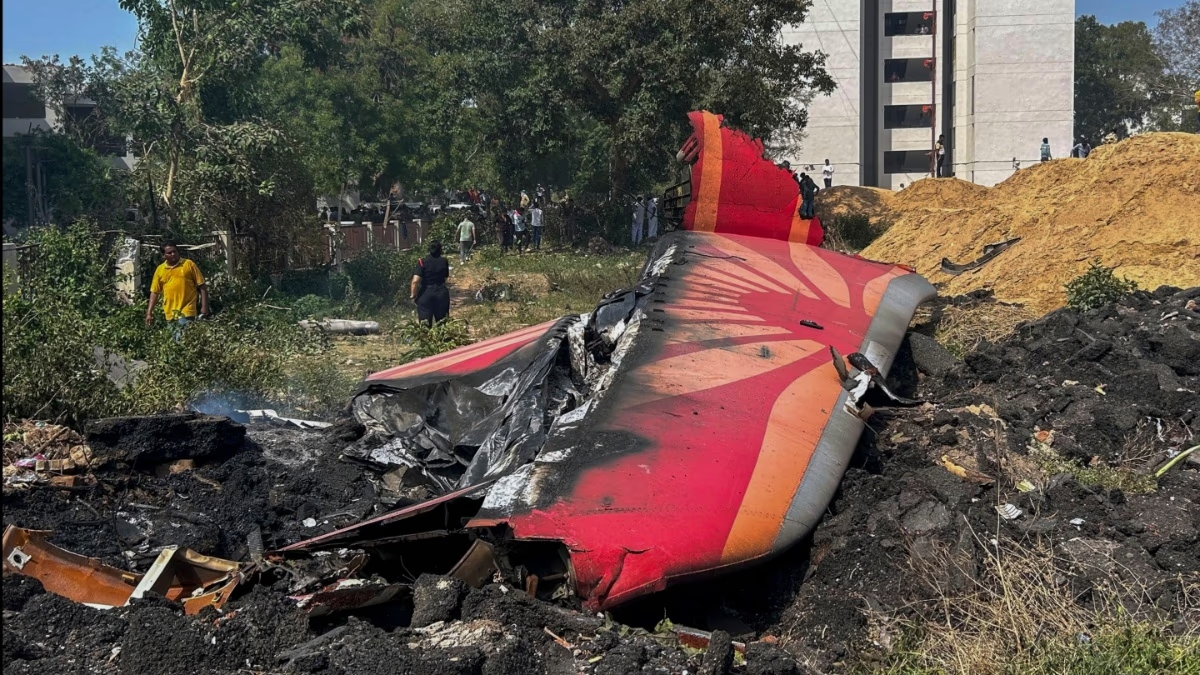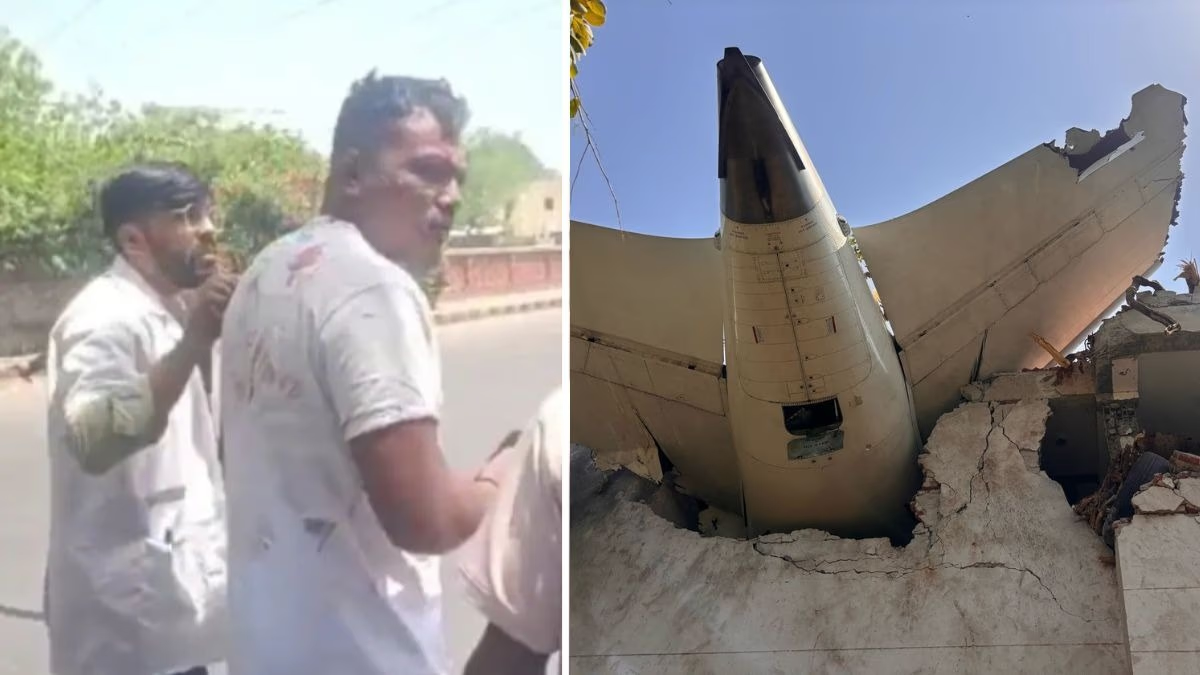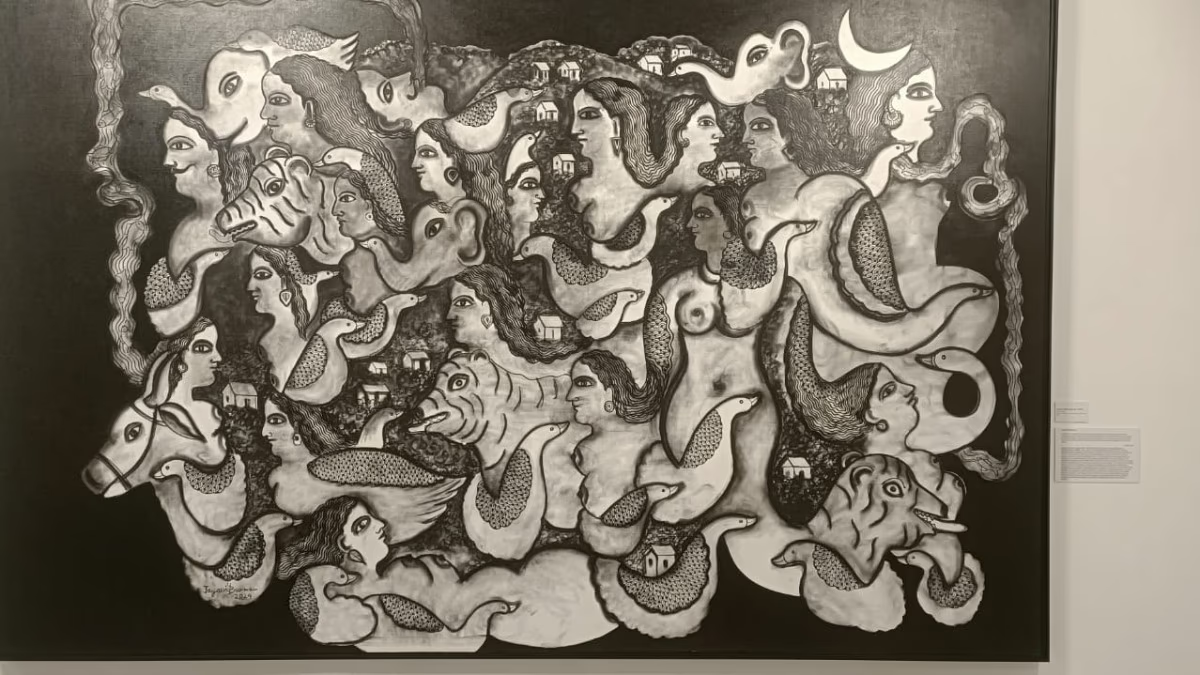Vishwas Kumar Ramesh calls himself 'the luckiest man alive', but there's a profound pain behind these words. On June 12, a disastrous Air India crash in Ahmedabad claimed 241 lives, leaving Ramesh as the sole survivor. His younger brother Ajay sat just a few seats away from him on the same flight. Ramesh narrowly escaped the burning wreckage, but the haunting memories of that day still follow him relentlessly. He confesses, 'I still feel trapped in that moment. Sleepless nights plague me, and the persistent question tortures me—why did I survive when my brother didn't?' The tragedy has shaken not only his physical state but also his mental well-being.
Now 48, Ramesh resides in Leicester, England, yet he claims his life has altered entirely. 'I mostly keep to myself in my room,' he shares. 'I refrain from speaking to my wife and son. That night never leaves my mind.'
According to Ramesh, he experiences constant physical pain due to injuries to his legs, shoulders, and back, but his deepest agony is internal. 'My brother was my pillar,' Ramesh says sorrowfully. 'He always stood by me. Now, I feel utterly alone.' Diagnosed with Post-Traumatic Stress Disorder (PTSD) by doctors, he hasn't received proper treatment since returning home. The fundamental question remains: what exactly is PTSD? What are its symptoms, and when can it become life-threatening?
What is PTSD?
PTSD, or 'Post-Traumatic Stress Disorder,' is a chronic mental health condition triggered by experiencing or witnessing terrifying or painful events. The mind repeatedly relives the trauma, as if it is still occurring. This is precisely what haunts Vishwas Kumar Ramesh after the plane crash on June 12.
PTSD Symptoms:
Long-lasting effects can occur following a frightening or traumatic event. Individuals often:
Revisit the traumatic experience repeatedly (through nightmares)
Feel guilt or shame for surviving
Avoid places or things that remind them of the event
Suffer from insomnia, lack of concentration, or reluctance to engage socially
Experience emotional numbness, sadness, or thoughts of suicide
Experts suggest that roughly 8% to 15% of individuals who endure significant trauma may develop PTSD, necessitating professional assistance.

Source: aajtak
When surviving feels like a burden
Many individuals like Ramesh grapple with survivor's guilt—asking themselves, 'Why did I survive while others didn't?' Psychologists equate this sentiment to intense grief, noting that if these feelings persist or impede daily life, they could indicate PTSD or depression.
A study revealed that many continued to suffer PTSD symptoms years after a catastrophe or explosion, especially those who lost relatives or dear ones.
Overcoming Trauma
According to experts, healing from PTSD necessitates both time and support. Openly discussing the incident, spending time with loved ones, or joining a support group can significantly aid recovery.
By assisting others, some find meaning amidst their pain, such as helping the victims' families or commemorating a lost loved one with a noble act. As an expert puts it, 'When you transform your pain into positive action, a gradual inner relief emerges.'
Survival isn't always a relief
Filmmaker Kai Dickens asserts, 'Survivors may face enormous personal losses. While praised as 'miracles', they endure the pressure to 'stay strong.'
Ramesh admits, 'Physical agony may heal, but the emotional scars remain fresh.' His business has collapsed, leaving him battling on both mental and financial fronts. Although Air India provides compensation and formal support, Ramesh's foremost need is prolonged mental care and compassionate support. Surviving a tragedy is not an end, but rather the beginning of a journey of resilience and rediscovery.




